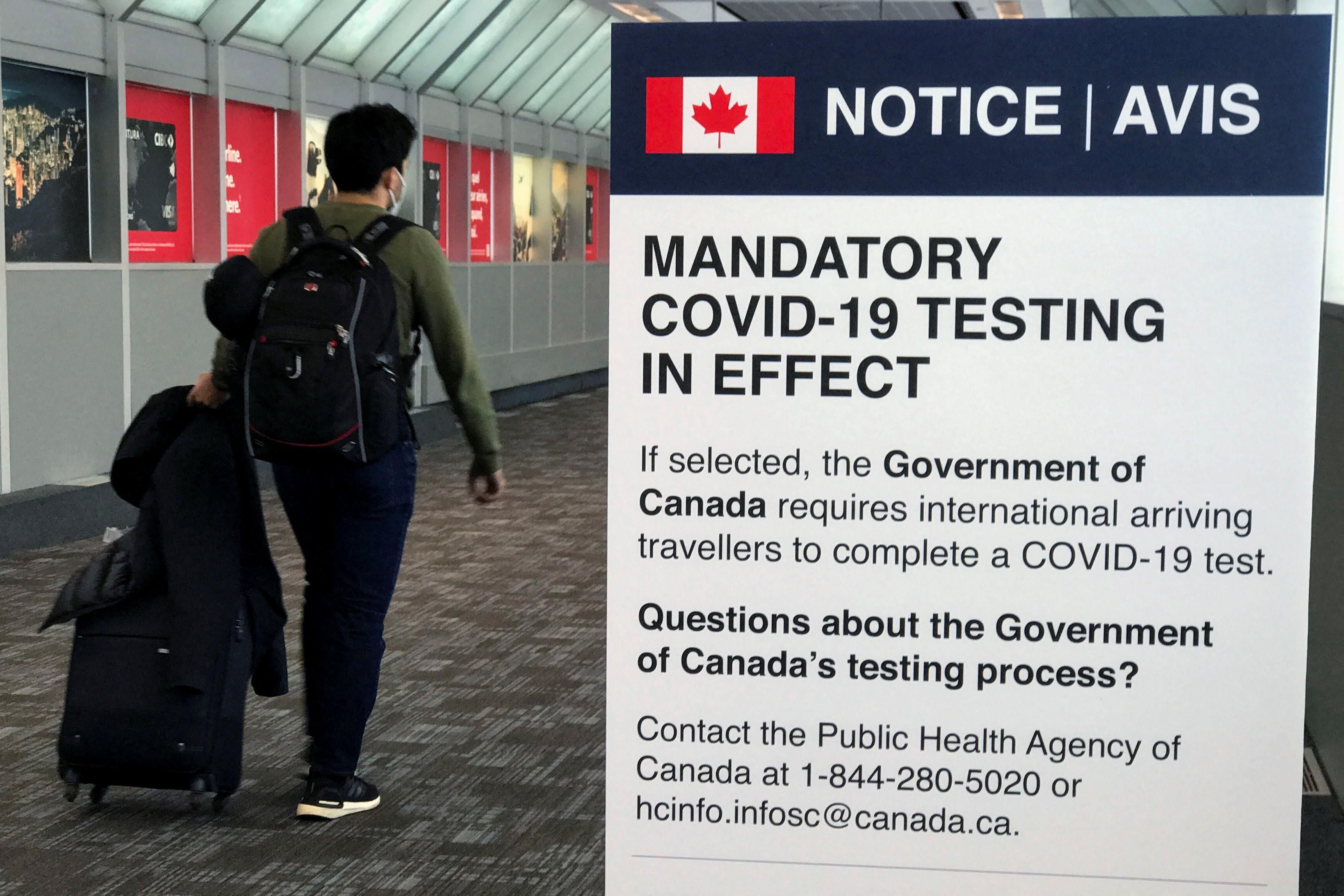Hard Numbers: Canada goes COVID “zero,” US blue-collar boom, Russia’s call-up calamities, British books lighten up
0: Starting on Oct. 1, the Canadian government will impose zero COVID-related restrictions on international travelers. The Canucks’ vax requirements were lauded by public health experts, but they touched off a trucker-led occupation of downtown Ottawa and messed with US pro sports teams’ travel plans.
67,000: US factories now employ 67,000 more people than they did at the start of the pandemic as inflation and supply chain bottlenecks drive a US manufacturing sector job boom unlike any seen in 50 years.
54: Since the start of Russia’s war in Ukraine, at least 54 Russian army recruitment centers have been attacked, with 17 of those incidents coming in the days since Vladimir Putin issued call-up orders last week, according to the independent Russian outlet Mediazona. On Monday, a man opened fire at a draft office in Siberia, wounding one official.
70: With paper costs rising as much as 70% this year, British publishers are making books from flimsier stock and pressing their editors to, well, edit more.This article comes to you from the Signal newsletter team of GZERO Media. Sign up today.
